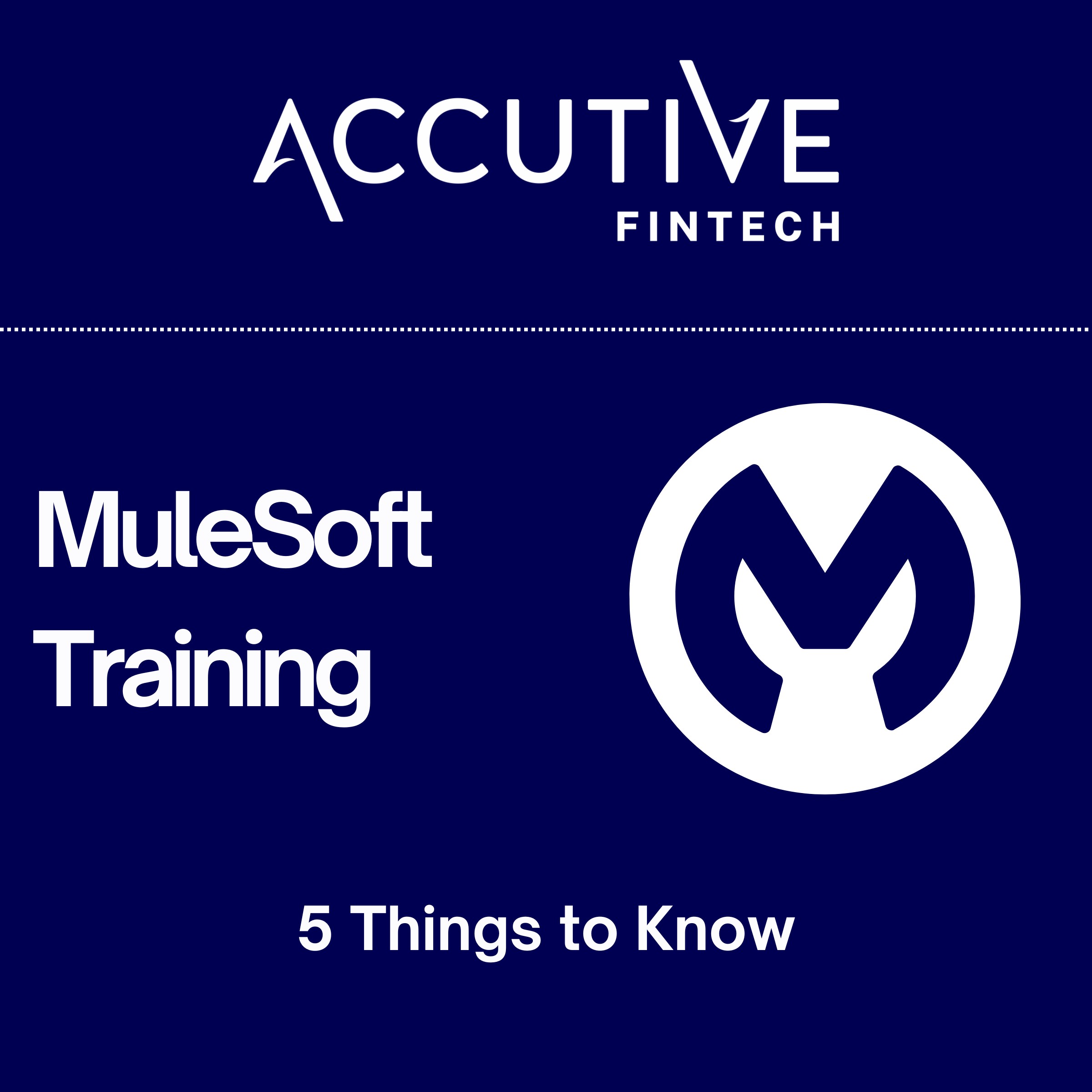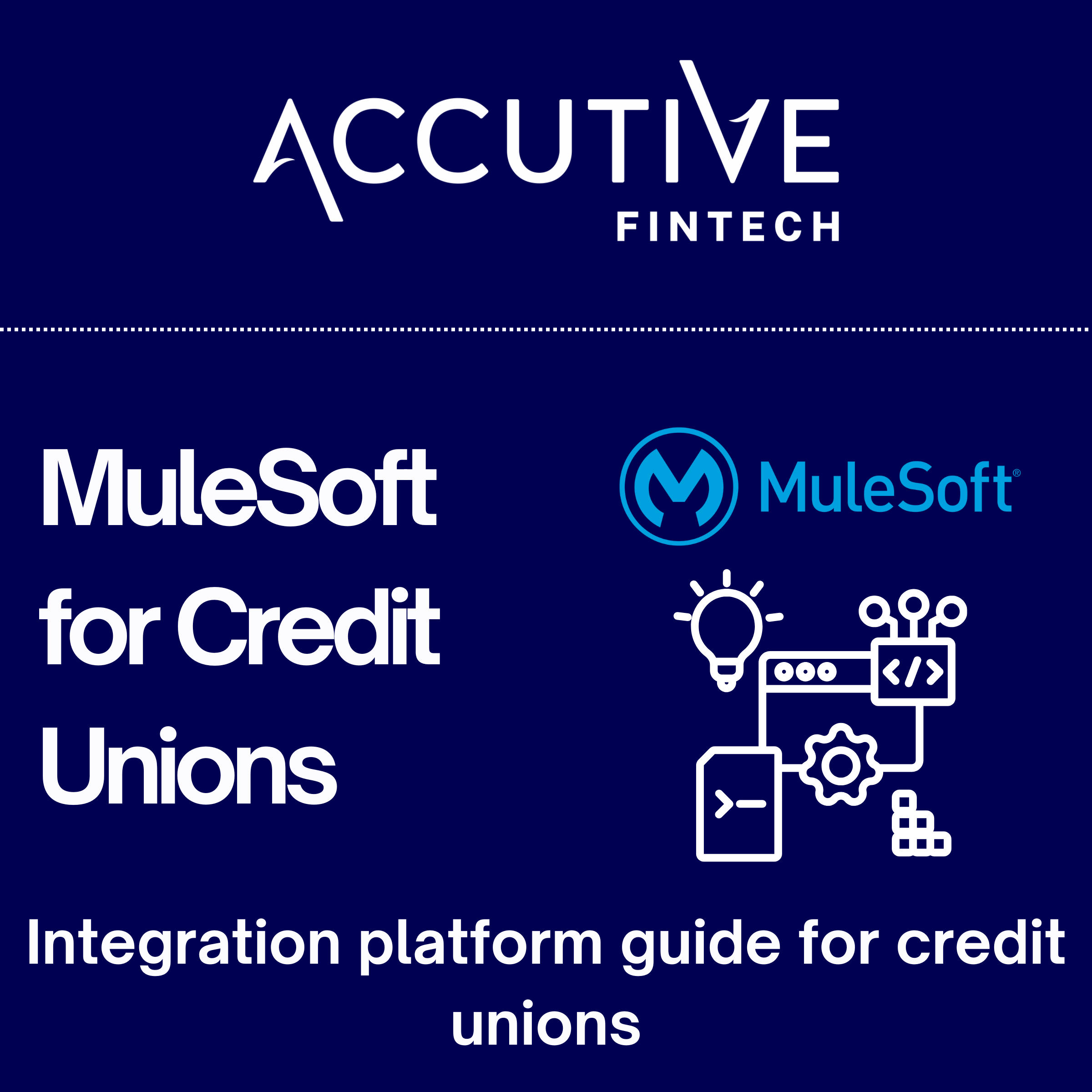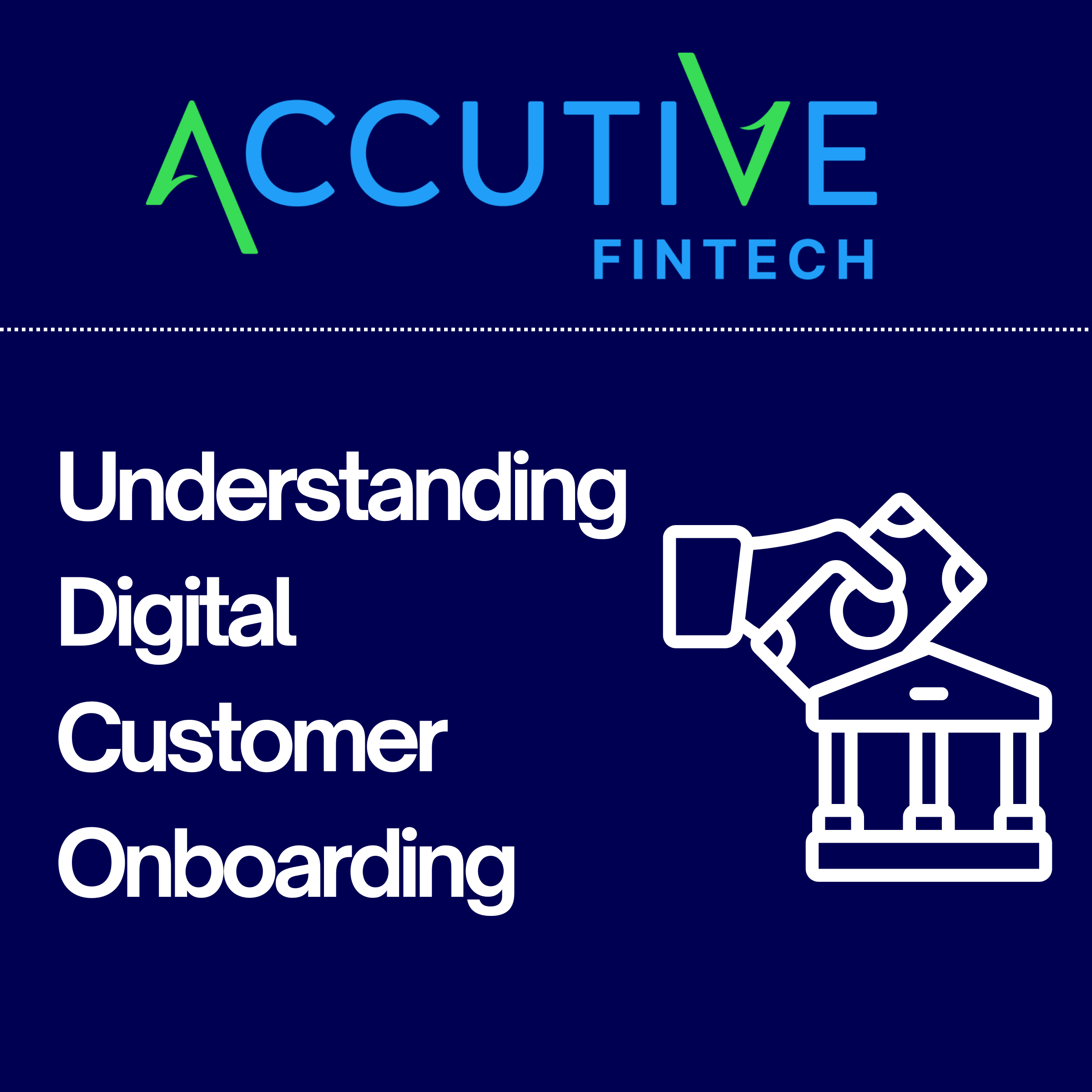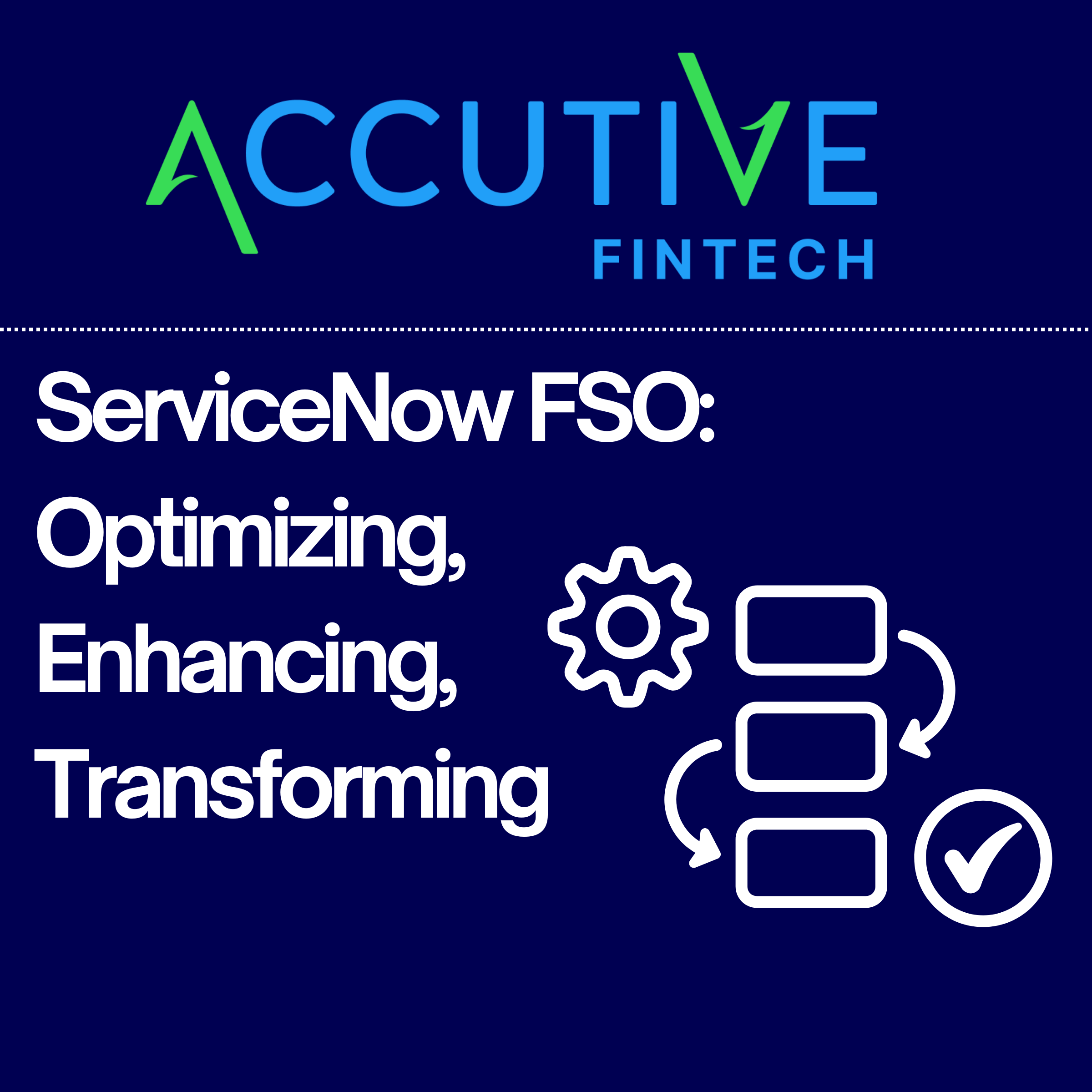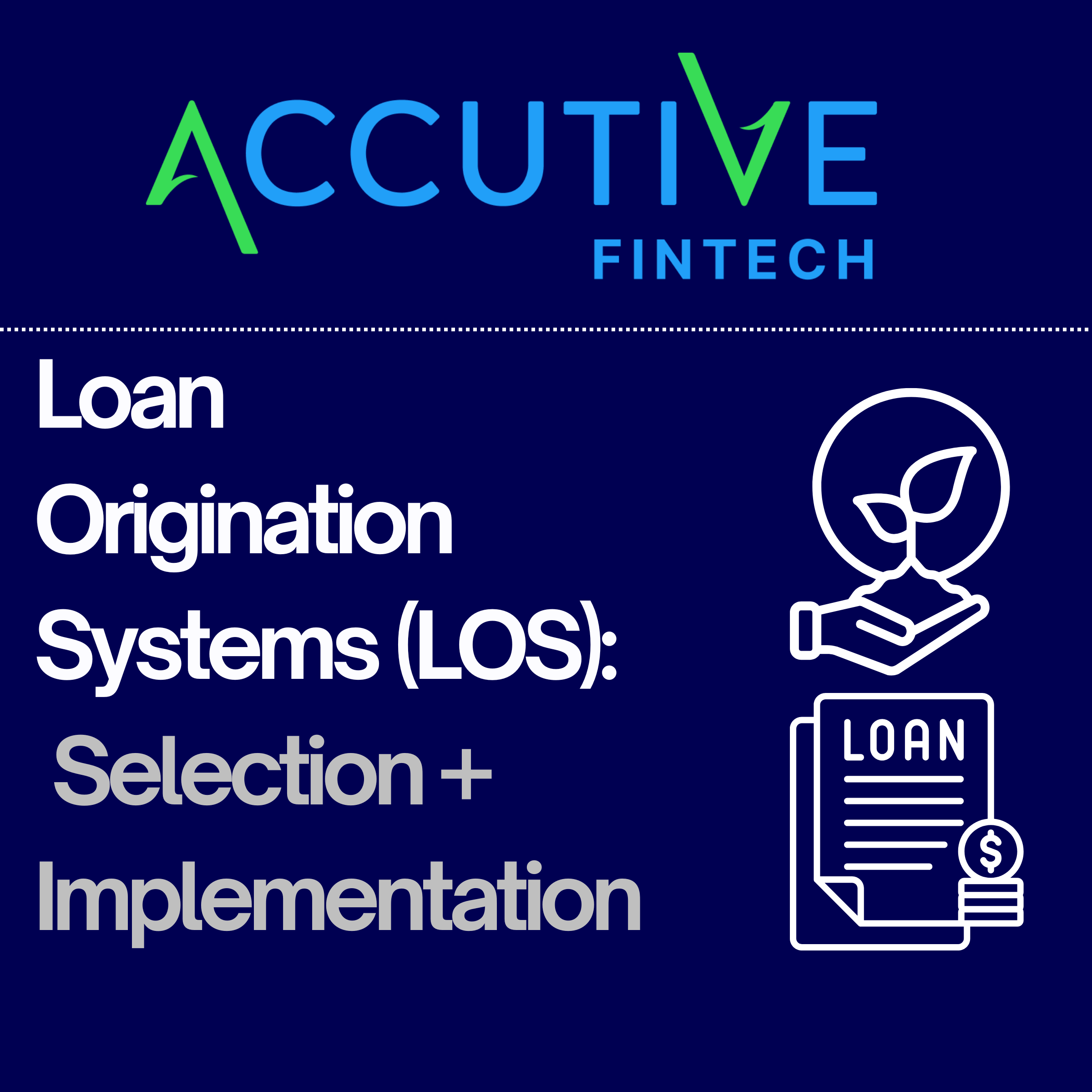When it comes to training for MuleSoft or other iPaaS (Integration Platform as a Service) alternatives, there is no one size fits all approach. For example, MuleSoft Training for a large financial institution will be significantly different than the training required for a high-tech manufacturing company.
Key MuleSoft Training Considerations
MuleSoft Training is an important, albeit often overlooked consideration for organizations that select MuleSoft as their preferred iPaaS. MuleSoft is increasingly integrated with industry-specific Salesforce ecosystem applications, such as Salesforce Financial Services Cloud and Salesforce Health Cloud. If your organization has other Salesforce platforms, it is important to manage and align your entire Salesforce ecosystem, including MuleSoft, in a holistic manner.
1. Begin with a RACI Matrix to Define MuleSoft Roles + Responsibilities
A clearly defined RACI matrix (Responsibility Assignment Matrix) is crucial for a successful MuleSoft implementation. It outlines who is Responsible, Accountable, Consulted, and Informed for various aspects of the platform. Consider these roles for your MuleSoft project:
- MuleSoft DevOps Team: Responsible for day-to-day development tasks
- Architects: Responsible for high-level design and integration patterns
- Project Managers: Accountable for implementation timelines and deliverables
- IT Leadership: Accountable for ensuring alignment with the organization’s broader IT strategy
- Business Stakeholders: Consulted for business requirements, informed about project progress, and may require training (e.g. MuleSoft Composer)
Why it’s important:
A well-defined RACI prevents confusion, ensures everyone understands their roles, and sets expectations for collaboration. This creates a smoother training process and increases the chances of long-term adoption.
As mentioned above, holistic management of your entire Salesforce ecosystem is ideal. As such, it is advisable to align or integrate your MuleSoft RACI with the RACI for your other Salesforce platforms.
2. The Importance of Targeted, Role-Based Training
A generic, one-size-fits-all approach to MuleSoft training will fail to optimize your organization;’s return on your MuleSoft investment. Tailor your training strategy to address the diverse roles involved in integration initiatives:
- Developers: Require in-depth training on Anypoint Studio, DataWeave, connectors, API development, API Governance, and security best practices. We advise our clients to focus on hands-on exercises where they solve realistic business scenarios, and incorporating MuleSoft DevOps best practices for streamlined deployments.
- It is important ensure that each technical role identified in your MuleSoft RACI has the necessary certification (MuleSoft Certified Developer – MCD, MuleSoft Certified Platform Architect – MCPA) to fulfill that role within your MuleSoft Practice.
- Integration Specialists: Your MuleSoft integration specialists require a blend of technical and business context. Prioritize training on integration patterns, data mapping, designing integration flows within the Anypoint Platform, and aligning integrations with business processes.
- Business Users: If you have a MuleSoft Composer instance, training all Composer users is critical to empower them to effectively build simple integrations or configure existing ones. Understanding basic MuleSoft concepts and terminology also improves communication with technical teams, and helps accelerate the development of new features and integrations.
- SecDevOps Team: Security is critical to any robust MuleSoft instance, and specific training on MuleSoft security best practices, vulnerability management, threat modeling, and secure deployment configurations for your SecDevOps teams can go a long way.
Why Role-Based Training Matters:
- Accelerated Adoption: Training tailored to specific job functions ensures that team members acquire the skills directly relevant to their workflows and responsibilities.
- Enhanced Collaboration: Role-specific training promotes a common language and understanding across development, operations, and security teams, streamlining collaboration throughout integration projects.
- Maximizing your ROI: Your banks or credit union can maximize the value of your MuleSoft investment when your MuleSoft DevOps team is equipped with the precise skills they need to succeed in their roles from Day 1.
Another important consideration is tailoring your training to incorporate best practices for MuleSoft and API Integration in your industry.
3. Creating a culture of Continuous Learning within your MuleSoft DevOps Teams
It is important to ensure that your MuleSoft teams not only have the initial training, but the ongoing support structure to evolve their skills as your platform grow. Here are some of our best practices for fostering a culture of MuleSoft continuous learning:
- Make Learning a Priority: Signal the importance of continuous learning by integrating it into performance goals and development plans, which are aligned with MuleSoft certification levels. Be sure to carve out dedicated time and resources for ongoing MuleSoft upskilling.
- Leverage Diverse Learning Resources: Provide a mix of self-paced options (Trailhead and MuleSoft documentation), instructor-led training, and hands-on project work. This approach caters to different learning styles, considers availability and provides better training coverage.
- Establish a Knowledge Management Framework: Implement tools (e.g., wikis, internal forums) to capture best practices, design patterns, and integration solutions developed in-house. This creates a valuable resource for onboarding and continuous improvement.
- Promote Mentorship & Collaboration: Pair seasoned MuleSoft veterans with less experienced developers to facilitate knowledge transfer and problem-solving. Encourage cross-team collaboration to break down silos and share expertise.
- Champion Certification: Support and incentivize your team members to pursue MuleSoft certifications (MCDSoft Certified Developer – MCD, MuleSoft Certified Platform Architect – MCPA). This offers external validation, boosts team expertise, and aids in attracting talent.
- Ensure expertise across MuleSoft Platform: Is your MuleSoft implementation going to be integrated with Salesforce via your industry cloud, such as Salesforce for Financial Services cloud? Or are you planning to capitalize on MuleSoft’s robotic process automation (RPA) features? If so, it is important that you have assigned roles and training in place for developing SMEs in these areas.
Why Continuous Learning is Crucial for Your MuleSoft Organization
- Scale your MuleSoft Practice: The scalability of MuleSoft is one of its key advantages compared with competing iPaaS platforms; however, scaling your platform requires that your team’s skillset scales with it. Continuous learning and MuleSoft knowledge management is the key enabler.
- Reduce Development Times + Costs: As your team’s skills and knowledge grow, your development cycles should become shorter, producing significant cost savings. Your team can take advantage of the process automation and API reusability capabilities with the Anypoint Platform to save time and costs for your financial institution.
- Stay Competitive: Continuous learning keeps your team ahead of the curve in the competitive financial services landscape.
- Attract & Retain Talent: Developers value organizations that invest in their growth, leading to better talent acquisition and longer employee retention.
- Drive Integration Innovation: With MuleSoft, the integration possibilities are endless for an innovative culture. A culture of curiosity and experimentation with MuleSoft can unlock new solutions and efficiency gains benefitting the broader organization.
4. Embedding API Governance + MuleSoft Best Practices
Establishing your robust MuleSoft training framework extends beyond technical skills. As IT leaders, it is important to ensure that your developers understand and internalize the importance of API governance and best practices. Consider these approaches:
- Establish API Governance as a Core Pillar: Make API governance principles a foundational component of your MuleSoft training curriculum. For example, Accutive FinTech’s API Governance model that is tailored to your industry can be easily adapted to your organization’s policies and compliance needs. Your API Governance training should cover API design standards, security considerations, documentation, version control, testing, monitoring, and more.
- Leveraging Real-World Scenarios: When instructing our clients on the importance of API Governance, we use case studies and hands-on exercises to demonstrate the consequences of poorly-governed APIs or deviation from best practices. We find that this is effective for driving home the practical implications of integration stability, security, and compliance.
- Training on MuleSoft API Manager and other Governance Tools: Incorporate training on how to use MuleSoft’s API Manager or other governance solutions effectively. This empowers developers to implement governance controls directly during the development process.
- Reinforce Best Practices: Embed MuleSoft best practice guidelines into code review processes and provide ongoing training resources for developers to reference. We recommend that our clients hold regular best practices audits and reviews to ensure that their MuleSoft practice remains in alignment.
- Collaborative Learning: Encourage open discussion about API governance challenges and successes within your teams. This fosters a culture where governance is considered an integral part of quality integration development.
By making governance and best practices a central part of your MuleSoft training, you’ll equip your teams to build integrations that are not only efficient but also secure, scalable, and maintainable for the long term.
5. Selecting the right Training Partner
Investing in the right MuleSoft training partner can significantly accelerate your team’s success and ensure a smooth adoption journey. Look for these key factors when evaluating potential partners:
- Industry Expertise: Opt for partners with a proven track record in your industry. For example, Accutive has experience working across numerous industries including financial services, healthcare, retail, manufacturing, telecommunications, and the public sector. To ensure the success of your platform, it is important that your training and technology partners understand the unique regulatory, security, and integration challenges faced by your industry.
- Tailored Training Solutions: Choose a partner who can customize training programs to match your team’s existing skillsets, specific project requirements, and long-term integration goals.
- Real-World Experience: Prioritize partners whose trainers have hands-on MuleSoft implementation experience. This translates into practical, actionable training that directly benefits your developers.
- Flexible Delivery: Evaluate partners who offer various training formats, including instructor-led (virtual or in-person), self-paced online courses, and hands-on workshops to accommodate different learning styles and schedules.
- Focus on Ongoing Support: A great training partner provides resources and support beyond the initial training sessions to ensure knowledge retention and continued growth as your team tackles more complex MuleSoft projects.
Elevating your MuleSoft Training Approach
Wonder how you can put all of these best practices together into a well designed MuleSoft training program? Accutive can guide you to the creation of a robust MuleSoft training framework that is aligned with MuleSoft best practices for your industry.
